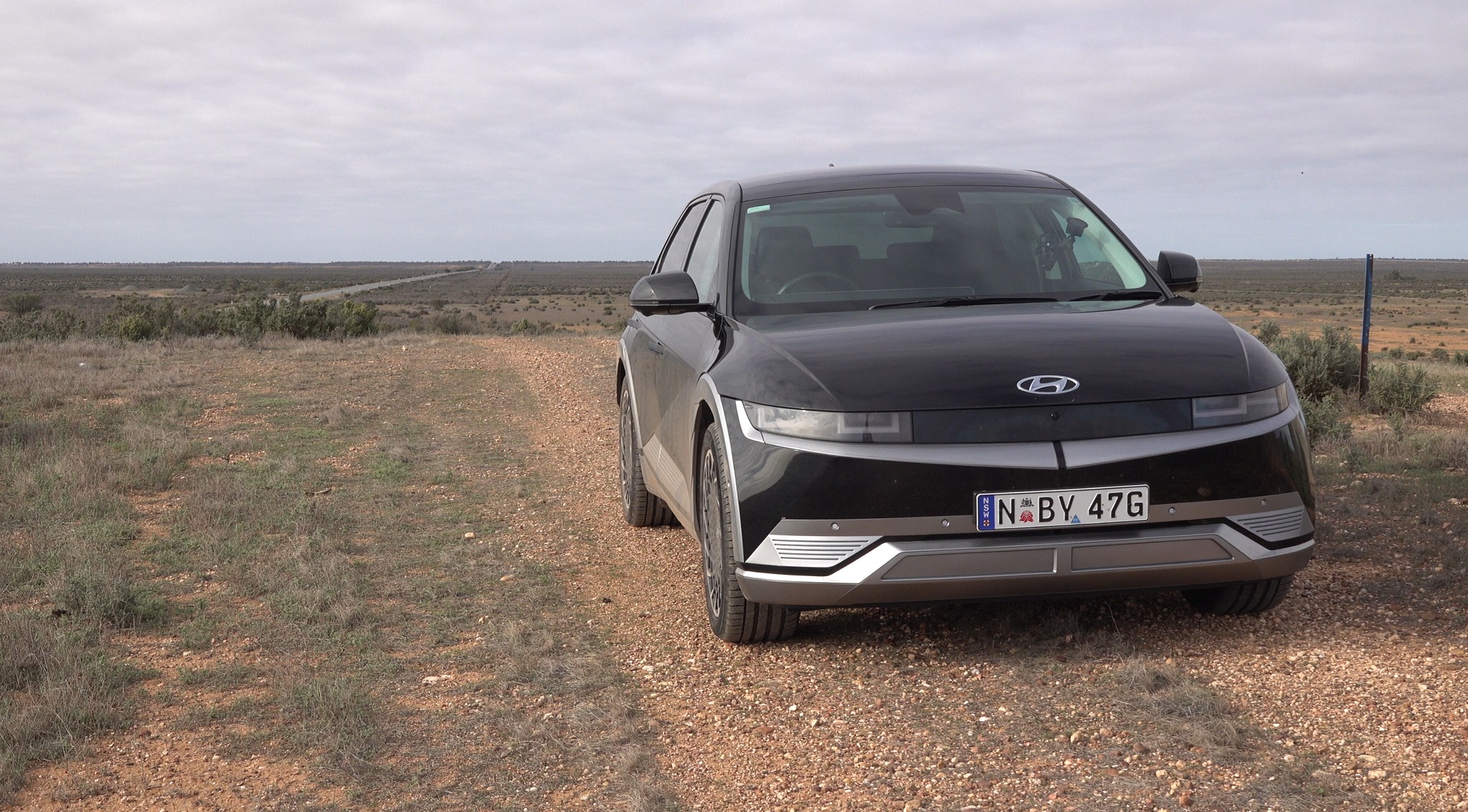
What is EV charging anxiety?
You’ve heard of range anxiety with EVs, which is where you worry that you won’t have enough range to get to your destination. For those drivers who do short trips in modern, long-range EVs that’s no longer a worry, as if you have say a destination 150km away and at least 400km of range you will drive in peace, particularly if it’s a day trip where you charge at home overnight back to 100%.
However, range anxiety remains a problem for those who travel long distances in areas where there are few chargers…which is most of Australia. You’d then also have an additional worry, charging anxiety.
That’s when you are travelling long distances and approaching a charger you start to wonder if
a) the charger will be occupied, and if so that might mean a long wait and/or;
b) whether it’ll be working all, in which case you will need to find an alternative and that could be a long charge using an emergency 10A charger. We’re not at the point yet where there’s another fast charger just up the road in case one is broken.
My experience with chargers is that there’s about a 20% chance the charger won’t work, mostly because Chargefox’s reliability is terrible. There is also a fairly high chance the charger will be occupied, and in some cases owners have had to wait hours.
I know the feeling of rolling into a town, searching for the charger – not always easy at night and in rain, they’re not as obvious as servos – and then hoping it’d work and be unoccupied. Generally, when an EV charging station fails, repairing it seems never to be a priority for whoever owns it. Also, if the charger is multi-car, it typically cannot charge more than one car at the full advertised rate.
Of course charging anxiety will, in time dissipate as more chargers are built, and EV ranges become longer and longer. Until then, just plan your trip and make sure you have a Plan B in case your intended charger is for some reason unavailable.
This also raises an EV-ethics question; you arrive at a charger just out of town, and your car takes 45m to charge. The city centre is a 15m walk away, and you’re hungry. Do you:
a) wait with your car for 45m, unplug, drive into town and park
b) walk 15m to town, have a quick bite, walk back just before the car gets to 100%
c) leave your car charging, and take as much time as you like in town.
Option A wastes your time. Option B leaves you little time to eat. Option C is unsociable and ties up the charger others may wish to use.
Technology can solve this problem through notifications of charge completion, and there can be (dis)incentives such as post-charge financial penalties. It is solvable, but right now, it’s an ethical dilemma.
Read more about EV Realities.


